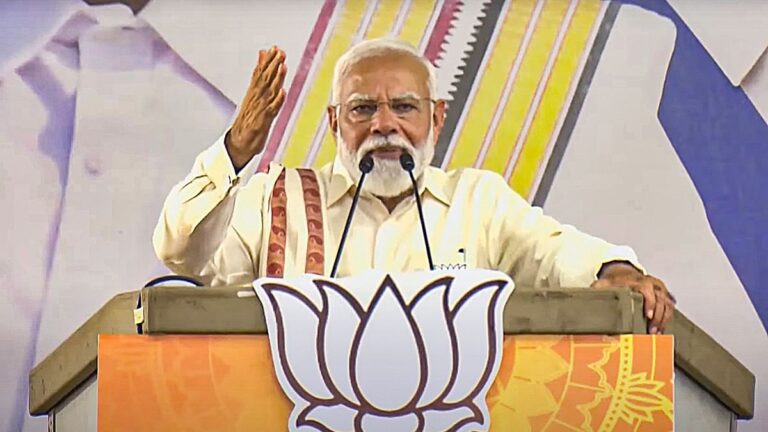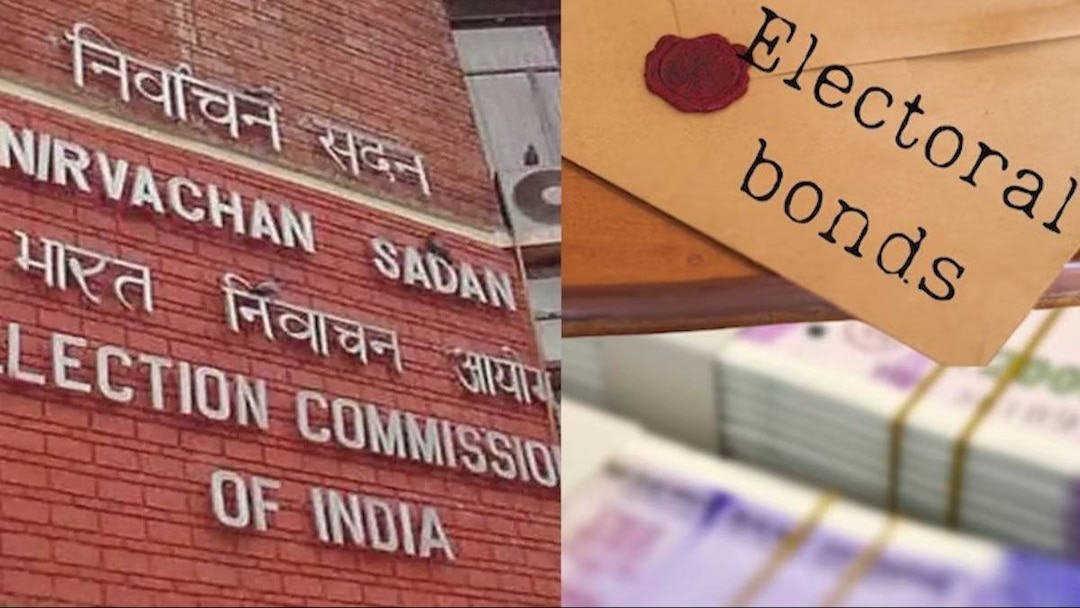India’s Nuanced Approach in the South China Sea

India’s diplomatic maneuverings in the South China Sea reflects a perfect balance between the country’s strategic interest and compliance with the international norm. As far as this important waterway is concerned, India’s role is being felt, with a serious one not only by regional players but by geopolitics wider.
A Commitment to Sovereignty and Stability
“Recently, during a visit to Manila, the Indian Minister of External Affairs gave very strong and unequivocal support from India in asserting their national sovereignty,” Cuisia said. This was encapsulated in a 2023 joint statement wherein they called on China to respect a rules-based maritime order and recognize the 2016 International Court of Justice ruling for Manila. Such statements underline an Indian approach reflecting a commitment to stringent adherence to legal frameworks, coupled with stable regional dynamics.
The Geopolitical Context of the South China Sea
Indeed, the South China Sea is a vital part of the Indo-Pacific, bordered by several countries and the chokepoint of global trade routes. Among these areas are island chains that are already part of disputes of more than two decades because of the richness of their maritime potential resources, such as Spratly and Paracel. Both the disputes are more than just regional affairs: Above all, both disputes have impacts that reach far beyond the regions and affect delivery and safety around the globe..
India’s Evolving Policy Landscape
From Economic to Strategic Engagement
The article “Man v Machine From economic engagement to strategic engagement. These include the location of Tawang, considered to be an important place of Tibetan Buddhist heritage, and many others issued encircling China. Initially, the engagements of India in the region were basically of economic nature and were driven by the Look East Policy.
Strengthening Ties with ASEAN Nations
The Act East Policy under Prime Minister Narendra Modi’s government, however, was a departure much more dramatic in the country’s foreign policy toward a very strategic and active approach. This also included strengthened security cooperation with the Indo-Pacific countries, taking the strategic Indo-Pacific region and Maritime Domain Awareness into consideration. Strengthening Ties with ASEAN Nations
India and China: A Complex Relationship

The stand of India on the South China Sea derives from having a complex and tense relationship with China, characterized by long-standing border disputes. The dynamics of these affect policy approaches by India for the advocacy of a rules-based order in maritime disputes. Helping the Philippines shore up its defense and maritime relationship The ever-growing defense cooperation between India and the Philippines was on full display through a series of measures, including opening a resident defense attache in Manila and stepping up cooperation between their Coast Guards. All these efforts aim at enhancing regional maritime security, prepared by ensuring joint preparedness for natural disasters and other emergencies.
Bolstering Defense and Maritime Cooperation with the Philippines
Shifting from mere noting of the position to active adherence of the 2016 Arbitral Award by India reflects a discernible policy evolution. Indeed, it reflects frank recognition and adherence to the legitimacy of the ruling and solicits India’s strong support towards an international legal framework for countries relating to maritime disputes. I mainly trace the increasing footprint of the Indian state from.
Advocacy for International Law and Arbitration
India’s shift from a position of noting to actively adhering to the 2016 Arbitral Award marks a significant policy evolution. It reflects a candid acknowledgment of the ruling’s legitimacy and underscores India’s support for an international legal framework governing maritime disputes.
Looking Forward: India’s Role in Regional Security
India’s recalibrated strategy in the South China Sea highlights its recognition of the area’s critical importance to regional and global security. By advocating for ASEAN centrality in its Indo-Pacific strategy, India aims to support a unified regional approach to maritime governance. This is vital not only for India’s trade and energy routes but also for maintaining global maritime peace.
India’s nuanced approach in the South China Sea, emphasizing a rules-based international order and strategic regional partnerships, exemplifies its broader foreign policy objectives. It positions India as a responsible global player committed to upholding and contributing to regional stability and the integrity of international law.



allegheny county real estate This is my first time pay a quick visit at here and i am really happy to read everthing at one place
dodb buzz I appreciate you sharing this blog post. Thanks Again. Cool.
dodb buzz I like the efforts you have put in this, regards for all the great content.
Jinx Manga Pretty! This has been a really wonderful post. Many thanks for providing these details.
Strands Hint I very delighted to find this internet site on bing, just what I was searching for as well saved to fav